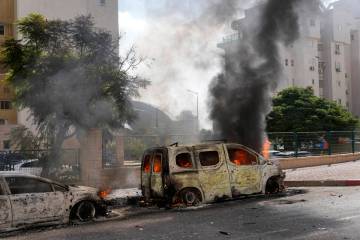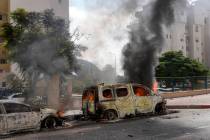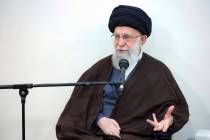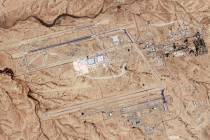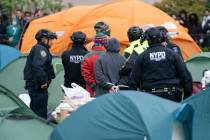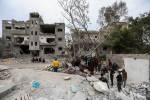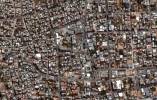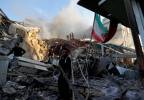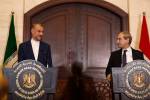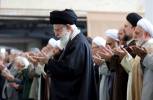Chemical weapons watchdog group says sarin used in Syria
THE HAGUE, Netherlands — An investigation by the international chemical weapons watchdog confirmed that sarin nerve gas was used in a deadly April 4 attack on a Syrian town, but a report released Friday stopped short of saying who was responsible.
The attack on Khan Sheikhoun in Syria’s Idlib province killed more than 90 people, including women and children. It sparked outrage around the world as photos and video of the aftermath, including quivering children dying on camera, were widely broadcast.
“I strongly condemn this atrocity, which wholly contradicts the norms enshrined in the Chemical Weapons Convention,” Organization for the Prohibition of Chemical Weapons Director-General Ahmet Uzumcu said in a statement. “The perpetrators of this horrific attack must be held accountable for their crimes.”
The U.S. blamed the Syrian military for the attack and launched a punitive strike days later. Syrian President Bashar Assad has denied using chemical weapons.
The findings of the investigation released Friday will be used by a joint United Nations-OPCW investigation team to assess who was responsible for the attack. The OPCW has scheduled a July 5 meeting of its executive council to discuss the matter.
The U.S. State Department said in a statement Thursday night, after the report was circulated to OPCW members, that “the facts reflect a despicable and highly dangerous record of chemical weapons use by the Assad regime.” Only some details of the report were released to the public.
Assad’s staunch ally, Russian President Vladimir Putin, said earlier this month that he believed the attack was “a provocation” staged “by people who wanted to blame” Assad.
Russian Foreign Minister Sergey Lavrov said the report doesn’t back claims by the U.S. and its allies that the sarin was dropped from aircraft.
“They don’t know how the sarin ended up there, yet tensions have been escalating for all these months,” Lavrov said in Moscow.
British Foreign Secretary Boris Johnson said that while the report did not apportion blame, “the U.K.’s own assessment is that the Assad regime almost certainly carried out this abominable attack.”
Both the U.S. and the OPCW defended the probe’s methodology. Investigators did not visit the scene of the attack, deeming it too dangerous, but analyzed samples from victims and survivors as well as interviewing witnesses.
The Syrian government joined the OPCW in 2013 after it was blamed for a deadly poison gas attack in a Damascus suburb. As it joined, Assad’s government declared some 1,300 tons of chemical weapons and precursor chemicals that were subsequently destroyed in an unprecedented international operation.
However, the organization still has unanswered questions about the completeness of Syria’s initial declaration, meaning that it has never conclusively been able to confirm that the country has no more chemical weapons.
The investigative team responsible for the report has previously concluded “with a high degree of confidence” that chlorine and sulphur mustard, commonly known as mustard gas, had been used as weapons in Syria.







